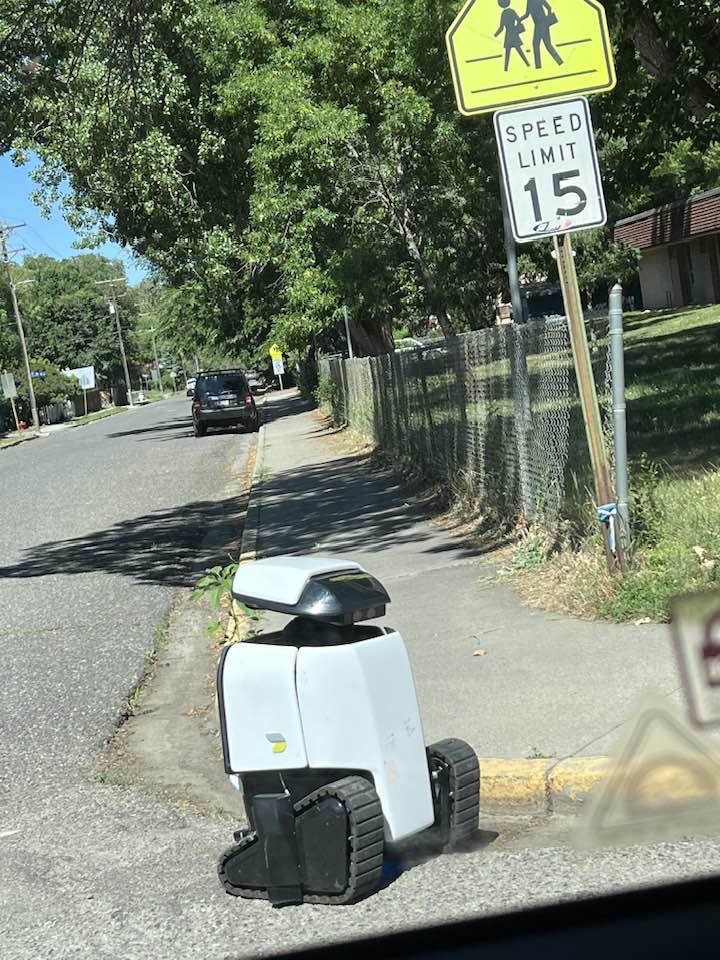Capitol Police zip tie the hands of elderly & wheelchair-bound protesters at U.S. Capitol
June 29, 2025
5 Comments
Video: Joe G., BlueSky On June 25, 2025, about 30 members of the disability rights organization American Disabled for Attendant Programs Today (ADAPT) went to ...
Read More →
Shockingly inappropriate social media post by the U.S. President after ordering the bombing of Iran
June 24, 2025
27 Comments
Everyone should know what the president is doing in your name. Convicted felon, adjudicated sexual abuser and Republican President of the United States, Donald J. ...
Read More →
Trump: Israel & Iran “don’t know what the fuck they’re doing”
June 24, 2025
5 Comments
Video: CSPAN Republicans like House Speaker Mike Johnson who fret about America’s moral decline need look no further than their Dear Leader, 34 time convicted ...
Read More →
Mike Lindell & Sherronna Bishop falsely claim Lindell was “vindicated” & “exonerated” of defamation in recent trial
June 24, 2025
1 Comment
My Pillow CEO Mike Lindell is claiming he was vindicated (pdf) in the recent civil lawsuit in Denver in which a jury found him personally ...
Read More →
Robots invade Paonia
June 21, 2025
5 Comments
Paonia’s town administration has brought in a bunch of autonomous robots to roam the streets of the town, purportedly to collect data for an Americans ...
Read More →
Striking Safeway workers at 29 Road & Patterson store welcome people to join them on the picket line to show support & solidarity
June 21, 2025
5 Comments
UPDATE: June 22, 2025, 6:30 p.m. – Employees at the Horizon Drive Safeway started striking today. Safeway employees are asking people to take their business ...
Read More →






